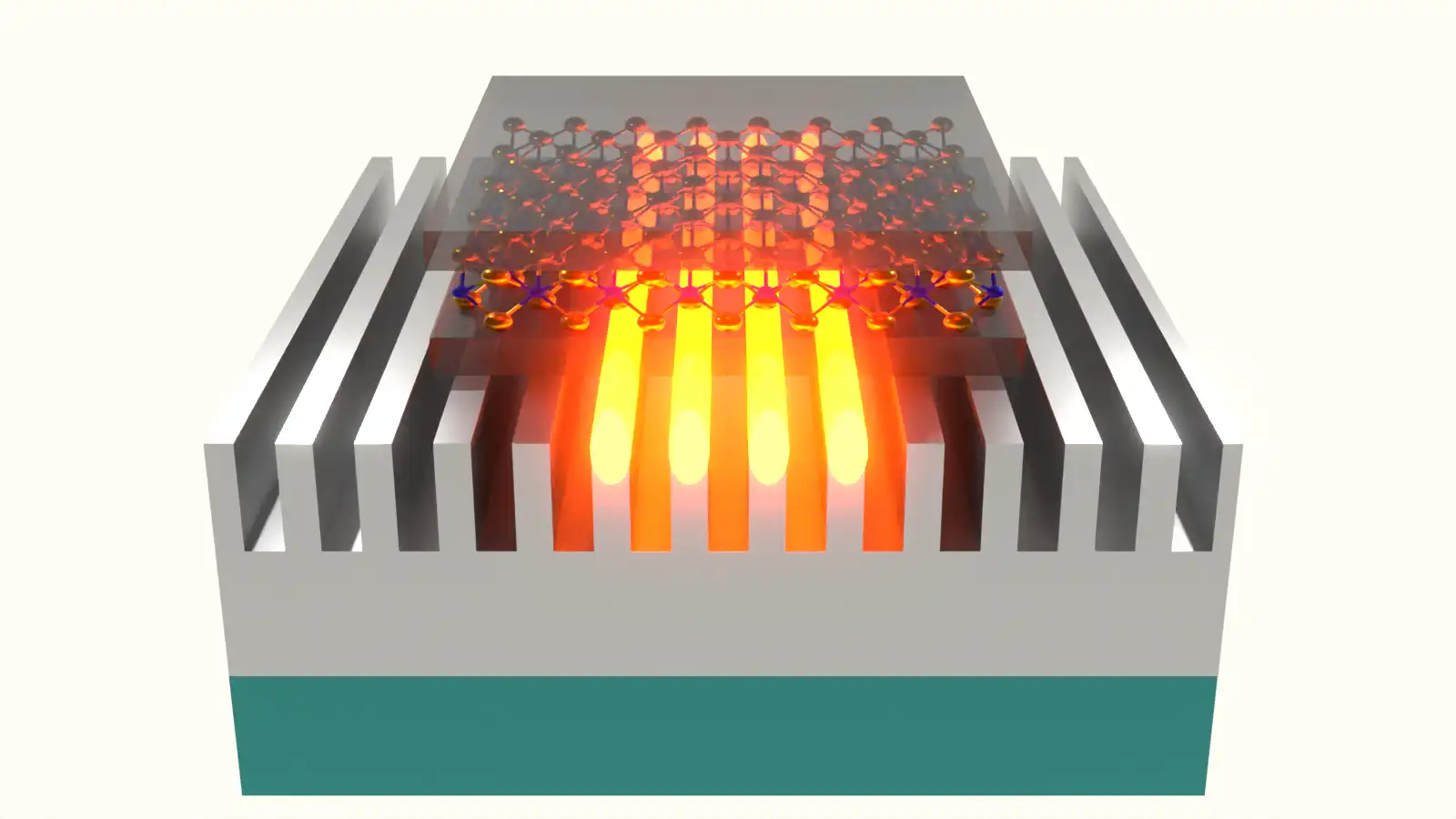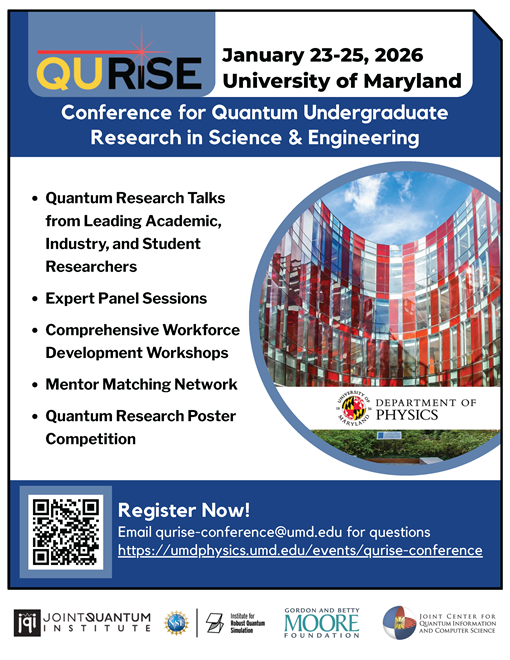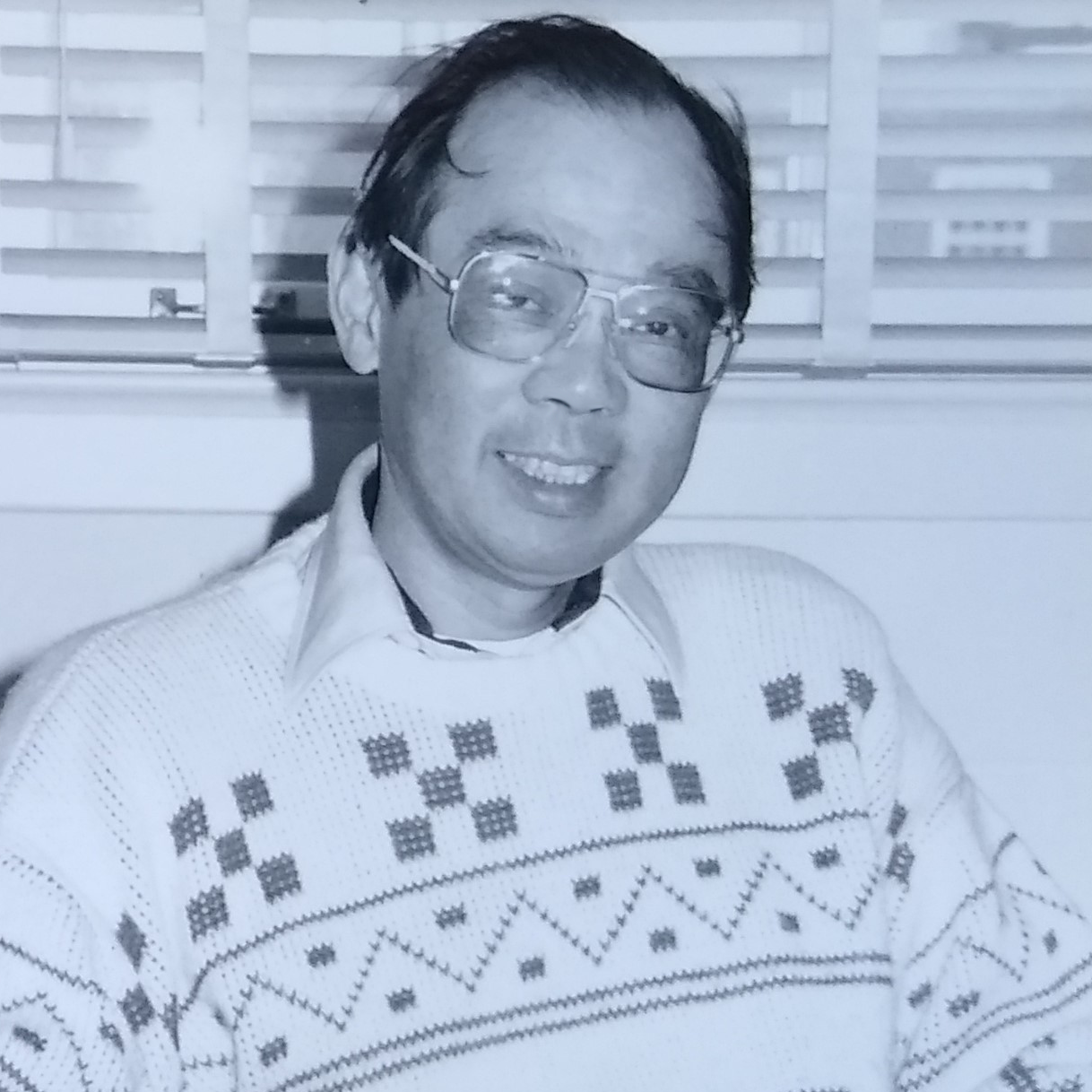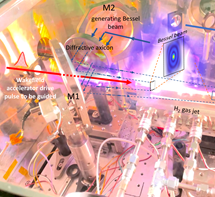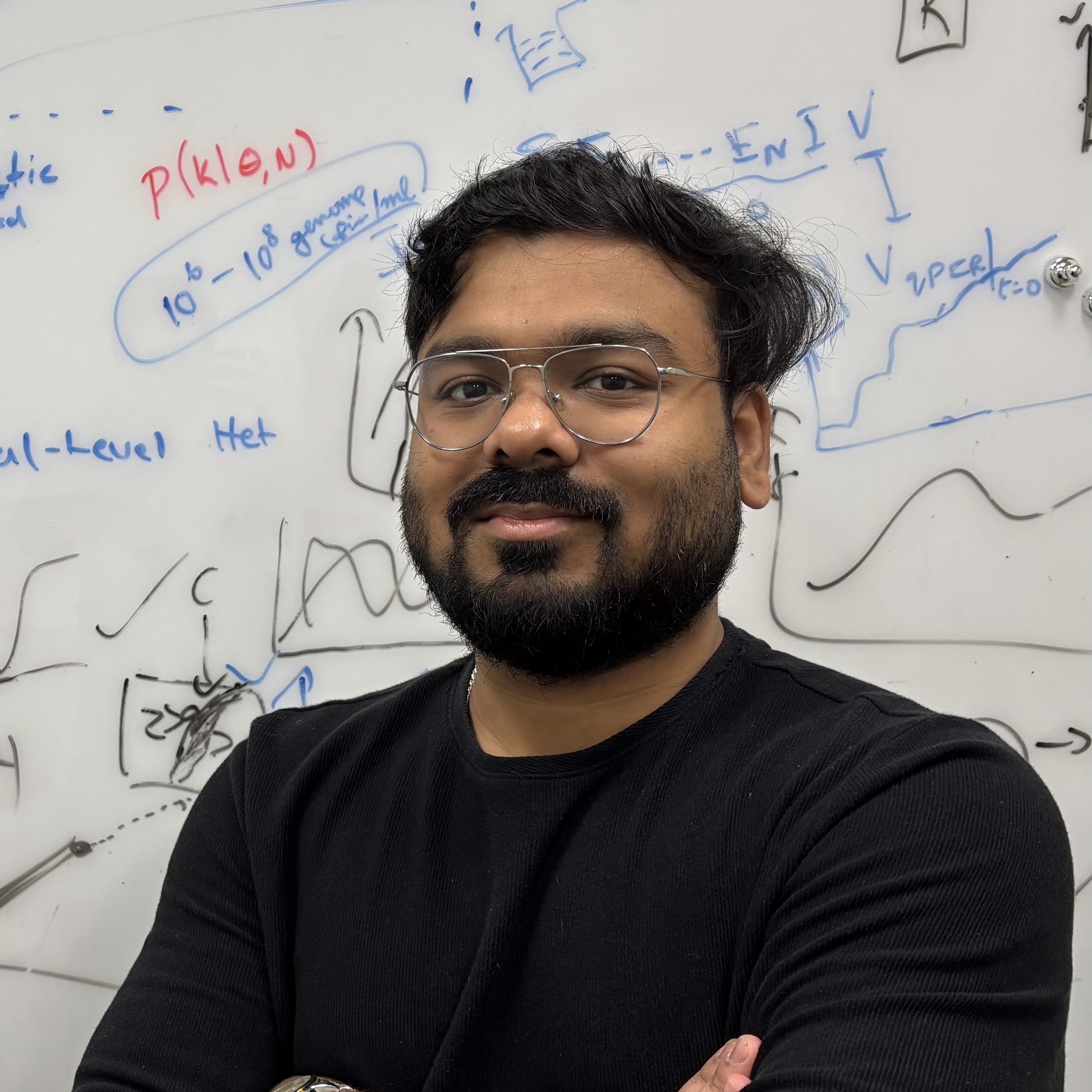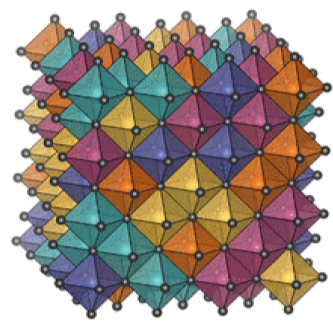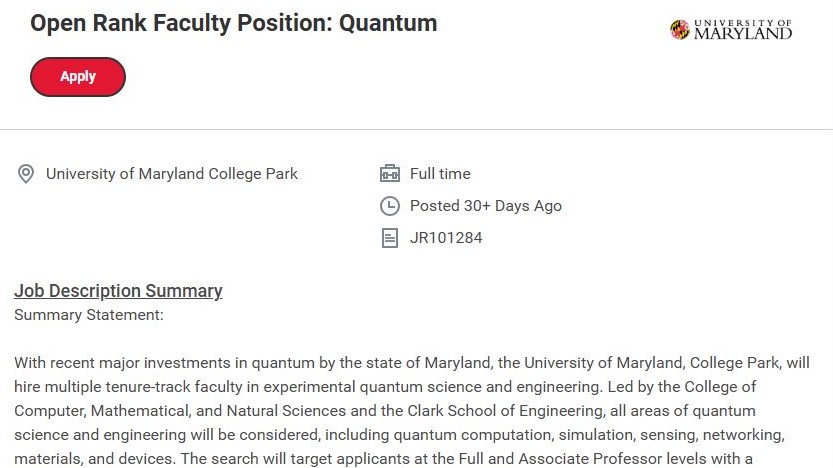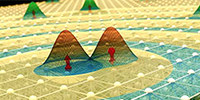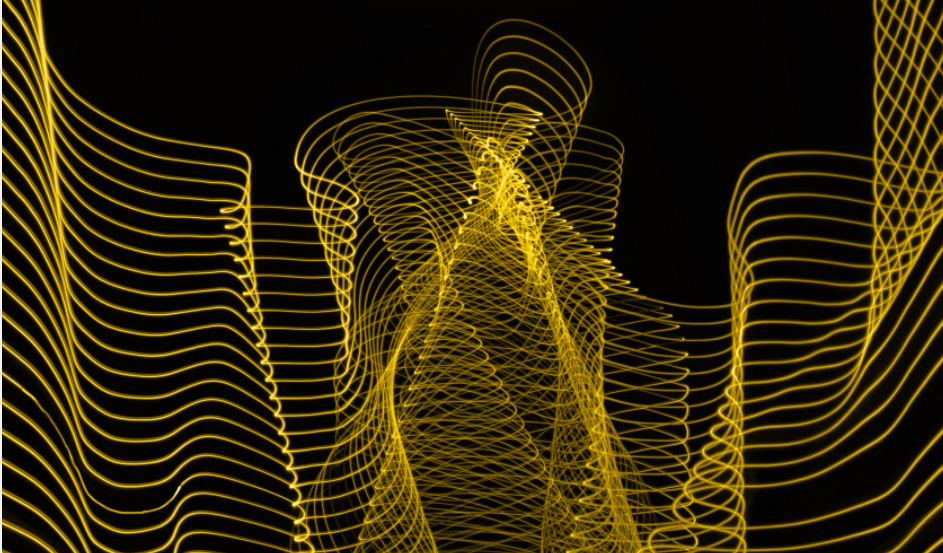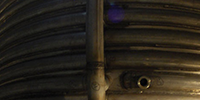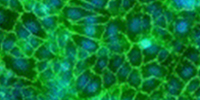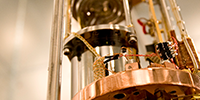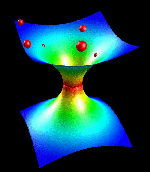 Abhay Ashketar, Institute for Gravitation and the Cosmos, Penn State
Abhay Ashketar, Institute for Gravitation and the Cosmos, Penn State May 04, 2010
According to general relativity, space-time ends at singularities and classical physics just stops. In particular, the big bang is regarded as The Beginning. However, general relativity is incomplete because it ignores quantum effects. Through simple models, I will illustrate how the quantum nature of space-time geometry resolves the big bang singularity. Quantum physics does not stop there. Indeed, quantum space-times can be vastly larger than what general relativity had us believe. I will discuss illustrative consequences of this new Planck scale physics.
-------------------------------------------------------------------------------------------------------------------------------------------------------------------------------------------------
Colloquia are held Tuesdays in Room 1410 at 4:00 pm (preceded by light refreshments at 3:30). If you have additional questions, please call 301-405-5946.